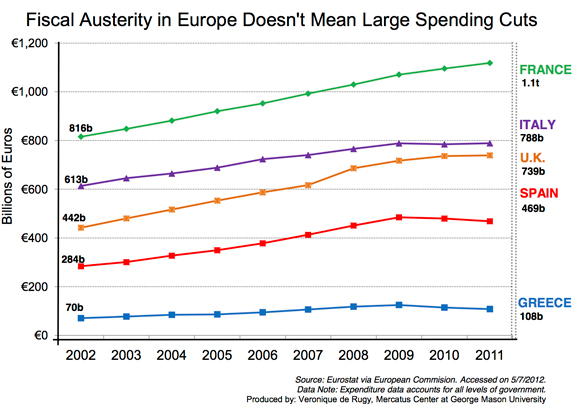Perhaps I’m just cynical, but I had expected that any government website would need to be “hardened” against attack. The British government’s many official websites have indeed been undergoing attacks for quite some time:
The British Ministry of Defense has admitted, for the first time, that it is under heavy attack by hackers. It was also revealed that some of these attacks had succeeded. The good news is that the military is becoming more aggressive and imaginative in dealing with Cyber War defense. China was not directly accused of being behind any of these attacks, but it was mentioned that there are now discussions underway with the Chinese on the matter. All this is an old problem.
Last year, Britain went public to report a higher number of Internet based attacks. The report noted that the emphasis was now on economic assets. This included technology and business plans. For example, the Foreign and Commonwealth Office was under heavy cyber-attack for several months, apparently in an effort to obtain secret details of government plans and techniques for supporting British exports. Government Internet security officials were making all this public to encourage British firms to increase their Internet security.
All this was nothing new. Two years ago Britain’s domestic intelligence service, MI5, went public with numerous charges of Chinese Internet based espionage. MI5 accused China of using both agents and hacker software, to obtain secrets from specific companies and government organizations. This approach had Chinese personnel approaching specific British businessmen at trade shows, and offering gifts, like a thumb drive loaded with hidden hacker software that will load itself on to the victim’s PC and seek out valuable information. Internet based attacks, traced back to China, continue to send real looking email that has an attachment containing another of those stealthy hacker programs that seek out secrets, or even quietly take over the user’s PC. Three years ago, MI-5 sent alerts to major corporations warning them of similar attacks and advising increased security of their data.




